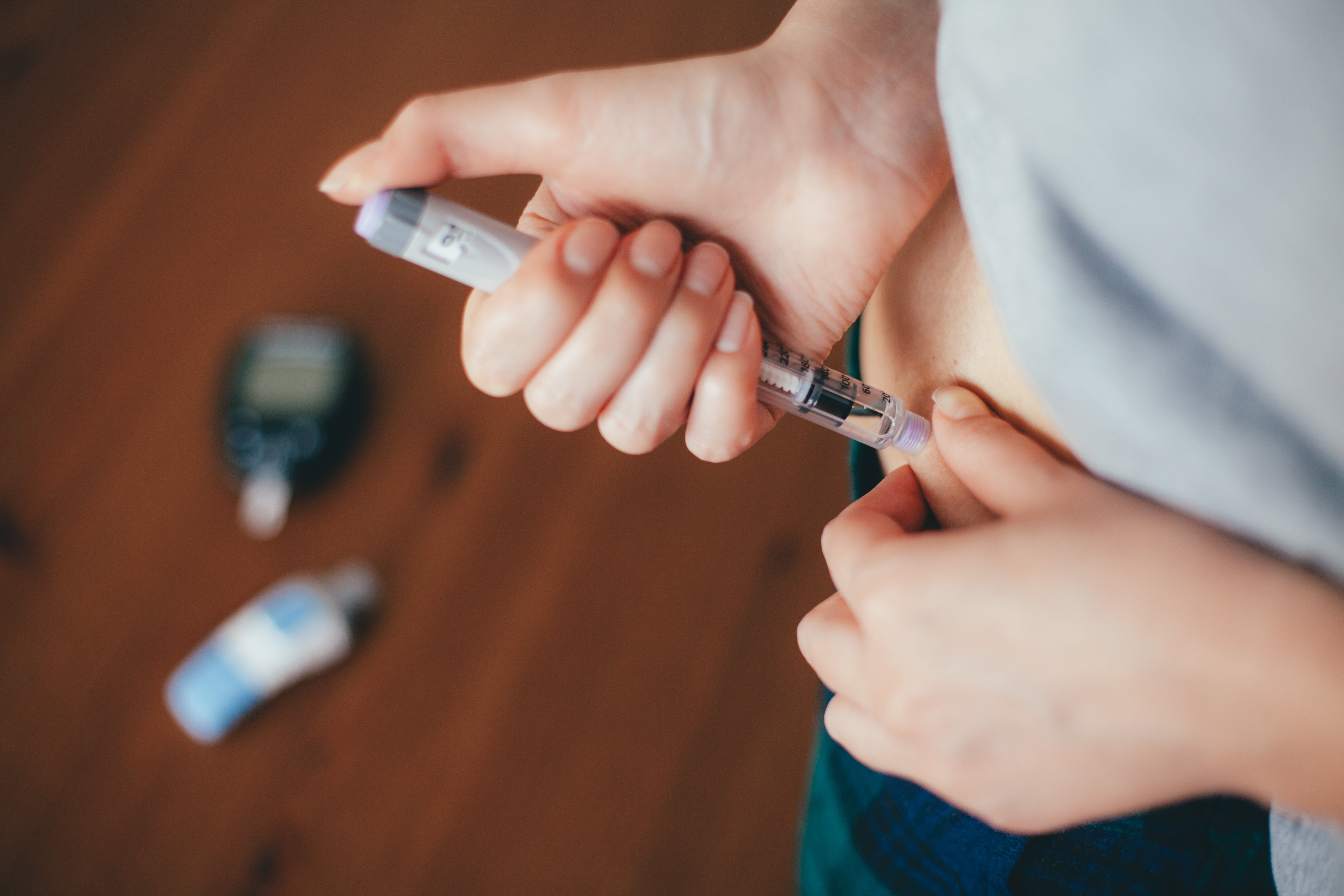A daily pill commonly prescribed for rheumatoid arthritis and alopecia could also slow the progression of type 1 diabetes.
The chronic disease, caused by the immune system mistakenly attacking insulin-producing cells in the pancreas, affects around 270,000 people living in England and many have to take lifelong insulin injections to help manage their blood sugar levels.
But a two-year Australian trial found the drug Baricitinib – which works by blocking signals that lead to overactivity of the immune system – helps to protect the remaining insulin-producing cells in people who are newly diagnosed.
Researchers believe this drug, which is already used to treat several autoimmune diseases, including rheumatoid arthritis, ulcerative colitis, and alopecia, could delay the progression of type 1 diabetes symptoms.
Dr Michalea Waibel from St Vincent’s Institute of Medical Research in Fitzroy, Australia, said: “For the first time, we have an oral disease-modifying treatment that can intervene early enough to allow people with type 1 diabetes to be significantly less dependent on insulin treatment and provide time free from the demands of the disease’s daily management, and which could also lower rates of long-term complications.”

The first trial in 2023 enrolled 91 people who had recently been diagnosed with type 1 diabetes within the past 100 days. Participants were either given a baricitinib pill (4mg) or a placebo, once daily for 48 weeks.
Participants C-peptide levels – a marker of insulin secretion – to find out how much insulin participants could make themselves and also monitored their glucose monitoring and HbA1c to check their blood sugar levels.
Researchers found taking baricitinib preserved insulin-producing cells decreased blood glucose fluctuations, and reduced the need for insulin.
Now the results of a follow-up trial have been revealed at the European Association for the Study of Diabetes in Vienna, which suggest once the drug was stopped, participants’ diabetes progressed.
Researchers found at 48 weeks the C-peptide level was 0.65 in the baricitinib group and 0.43 in the placebo group. After treatment was stopped, C-peptide levels fell to 0.49 nmol per litre in the baricitinib group and 0.36 in the placebo group at 72 weeks, and then to 0.37 and 0.26, respectively, at 96 weeks, demonstrating reduced insulin production.
When baricitinib treatment was stopped, participants needed more insulin treatment with requirements at weeks 72 and 96 that were not significantly different to the placebo group.
No additional safety concerns were raised in the follow-up period and researchers hope the drug could be available for diabetes in the next five years.
“If we can identify people at high risk of developing type 1 diabetes with genetic tests and blood markers, they could be offered treatment even earlier to prevent the disease taking hold in the first place,” Dr Waibel added.
“We are hopeful that larger phase III trials with baricitinib are going to commence soon, in people with recently diagnosed type 1 diabetes as well as in earlier stages to delay insulin dependence.”




